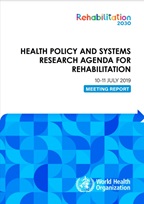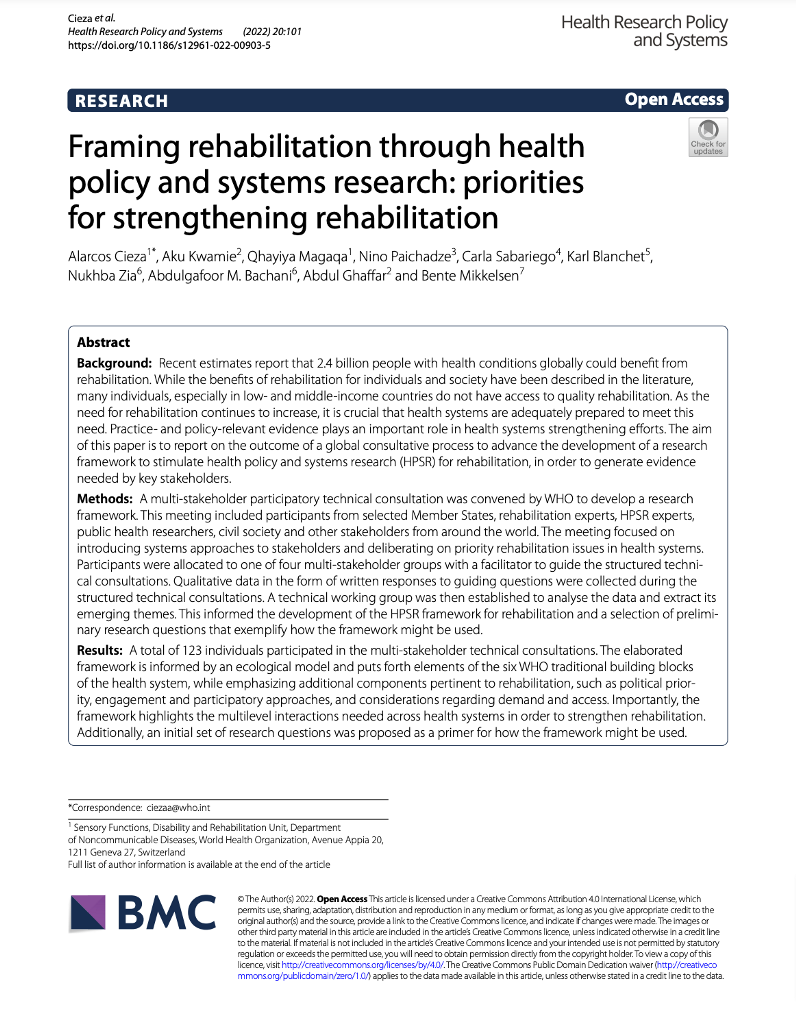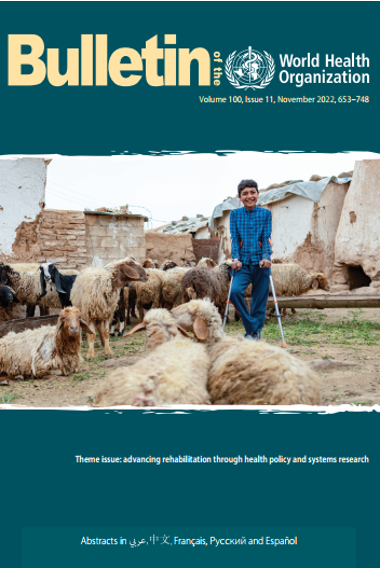Rehabilitation benefits individuals and societies. This is because access to rehabilitation enables individuals with health conditions to live, learn and earn to the best of their abilities.
Despite this, the evidence points to marked needs and unmet needs for rehabilitation globally, and the need for rehabilitation is expected to continue to increase. Therefore, countries need to be adequately prepared to provide rehabilitation that is well integrated into the health system and in an equitable manner.
Rehabilitation has previously been under-prioritized in many countries across the levels and components of the health system. This under-prioritization has been due in part to competing demands for scarce resources for health. Given that resources are finite and that the need for rehabilitation is high, health system actors require relevant evidence to aid their prioritization and decision-making when allocating resources for rehabilitation in countries.
Health policy and systems research (HPSR) approaches provide an important opportunity to strengthen health systems for the provision of rehabilitation in countries so that all who need rehabilitation access it. The evidence generated through HPSR will support countries to respond to the challenges of unmet needs for rehabilitation by identifying the multilevel and multistakeholder solutions that are required for each context.
Current projects
In partnership with the Alliance for Health Policy and Systems Research, WHO is developing an agenda for health policy and systems research for rehabilitation. This will include tools and resources to aid the generation of policy relevant evidence to support countries to provide integrated and equitable rehabilitation.




